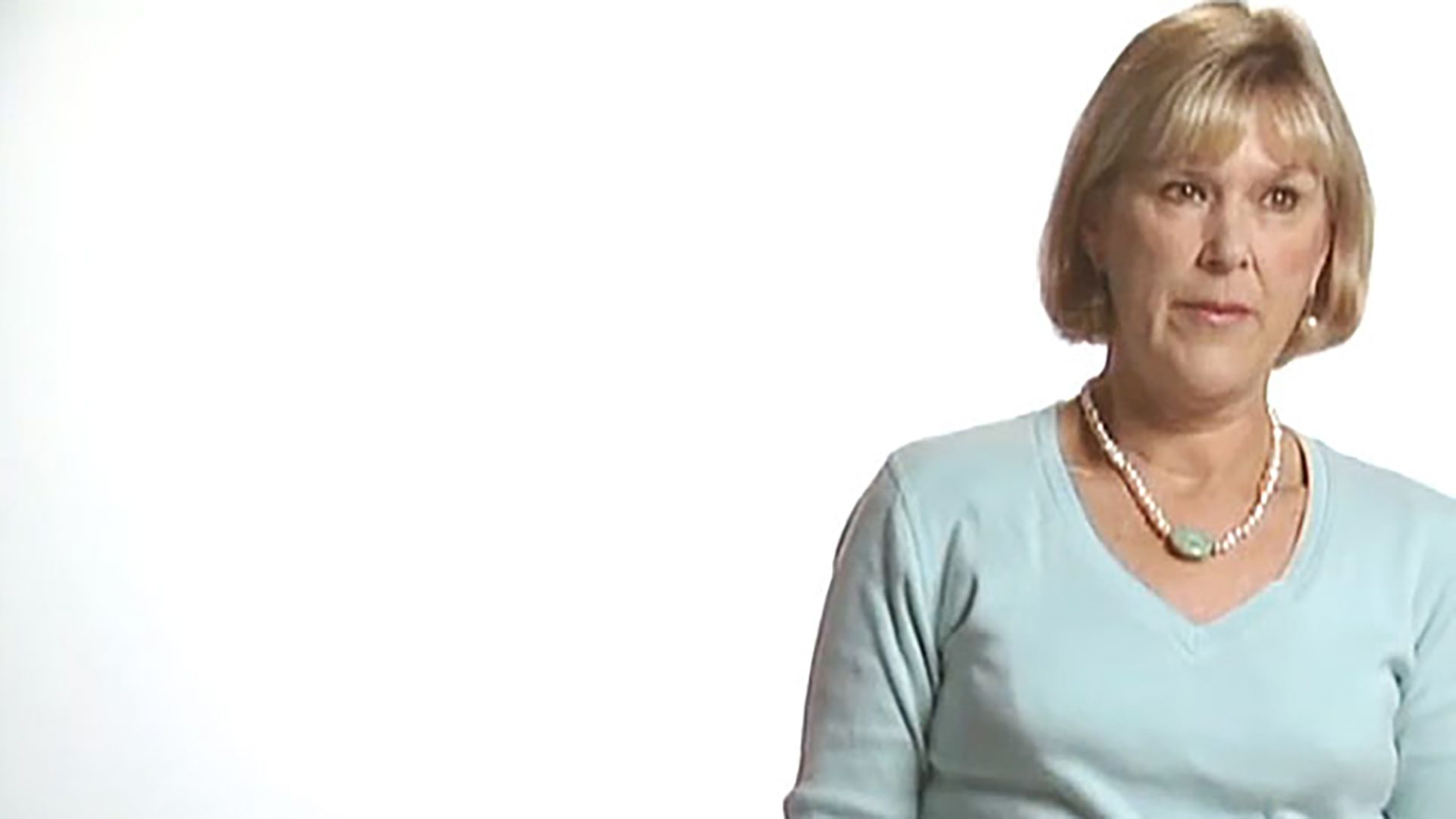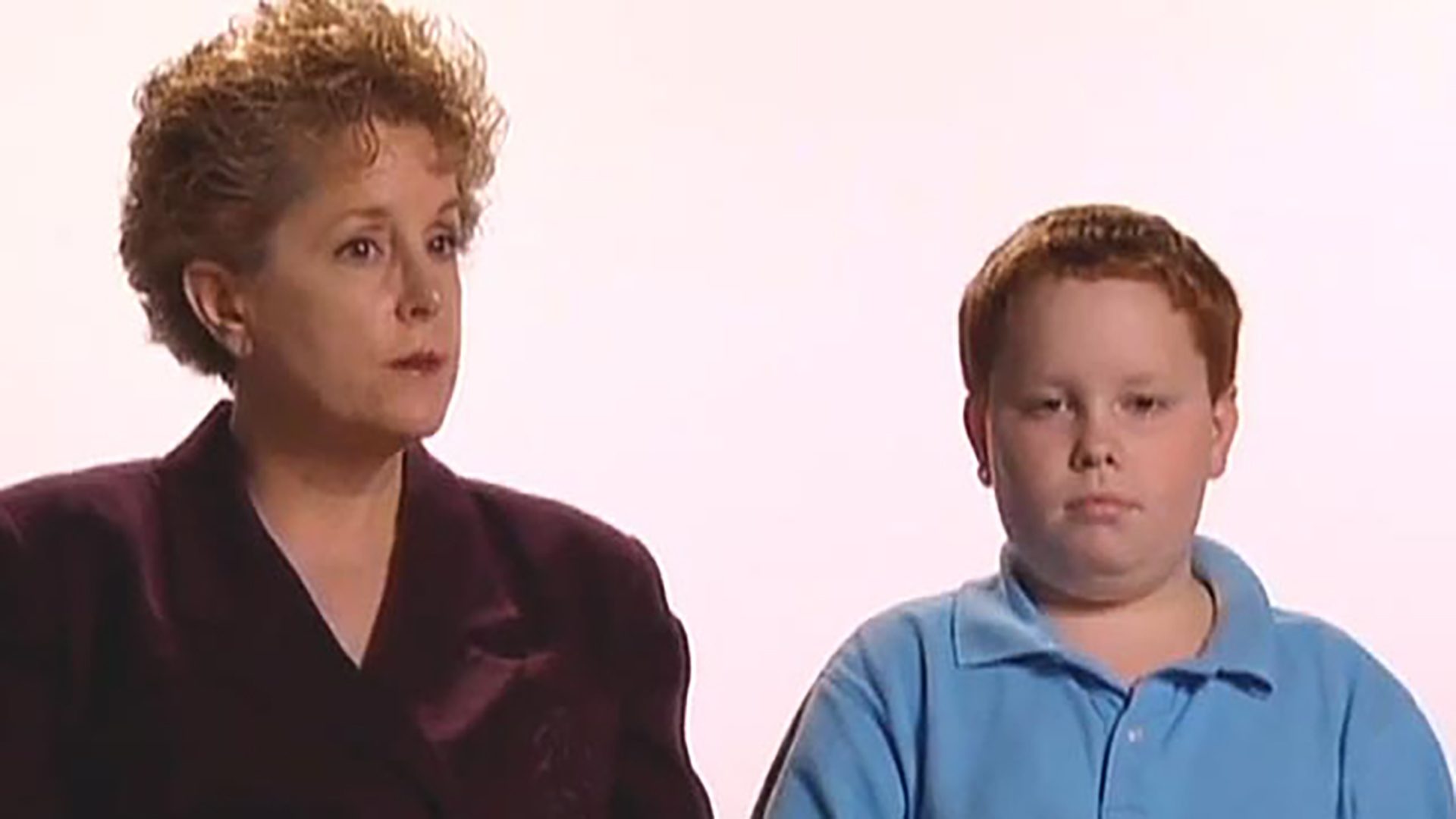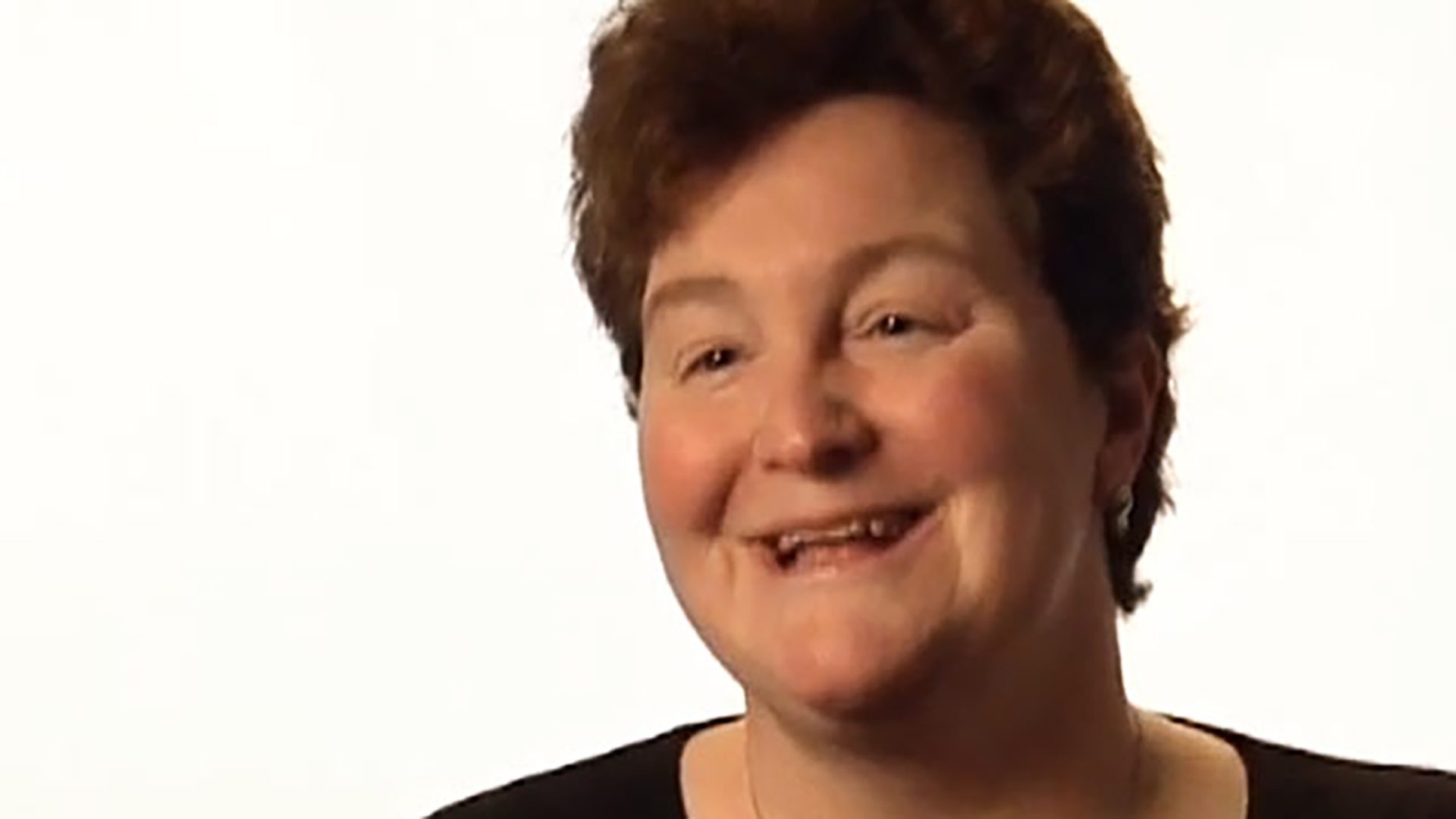Caregiver Interview – Lindy N.
Lindy lost her son to liver cancer. She talks about family counseling, communicating with her husband, and helping her son with palliative care.

I became a cancer survivor in December of 1982 when my son was diagnosed with liver cancer. Bo was a ten-year-old boy, in December of 1982, and came home with a slight stomachache. For whatever reason at 4:30 in the afternoon, I took him to the doctor in Houston. He immediately sent us over to Texas Children’s where they did an ultrasound, found a mass, and operated. It was a very rare form. Only 60 patients had had this particular type of cancer, and there were no known survivors. After they removed this tumor from Bo’s liver, the doctors explained to us that it was a very deadly kind of cancer and that he probably would not survive more than three months. They wanted to do chemotherapy, and it was all experimental, because his tumor was so rare. They gave us less than a one percent chance and said that we had about three months. He had two more surgeries and chemotherapy for two-and-a-half years. We had a great two-and-a-half years.
During Bo’s last six months, he was pretty much bedridden. He had lost the use of his legs and was in quite a bit of pain. He was on medication for the pain. Fortunately, nowadays, you have the option of hospice, which is such a great group of individuals that can come in and help you get through each day. Back then we did not have that option, but we just did the best we could with what we were given. We have a lot of family and a lot of support. But I am so thankful that they have hospice now, because I have heard of people going through this with hospice, and it’s just made all the difference in the world. I wouldn’t hesitate to have called them had it been available for us.
As far as pain management, I think it’s very important for you as a parent to communicate to the doctors about the pain, because the child or the patient, old or young, I think when they are taken to the doctor, they somehow rally and don’t really explain the difficulties at home. Then you get back home and they’re in such pain. I think it’s real important for somebody to communicate to the doctors and not be afraid to say, “The pain is unmanageable. We need help.” I think a lot of parents don’t realize that there’s that help available, and I think the doctors are a little bit hesitant to tell them about pain management, or at least they were then, and nobody needs to be in severe pain all the time. There’s help out there.
For my family, as my husband describes, it was like being hit in the solar plexus with a sledgehammer. You’re so shocked at first, then, you sort of ratchet into a new kind of life. We were on a very steep learning curve, and we had three other children we felt we had to prepare for losing their brother. We also had a lot of questioning to do ourselves about, how do we do this? How do you tell your son that he may not survive and that this was what was happening?
The way we told Bo, was that we said that the doctors had removed the tumor, but they felt like they might have left some cancer cells in his body. And his reply was, “Oh, my gosh, I could catch cancer from that.” This made us realize he was not quite getting it. But we said that they wanted to treat him with chemotherapy to kill the rest of the cancer cells that might have been left behind. He was a strong little trooper, and rose to the occasion. Fortunately, we come from a very strong Christian family and felt like we were really carried the whole time.
The advice I would give to other families in this position is to always have hope and faith that there is somebody up there with a much larger plan. Humor played a large part in ours. We like to laugh a lot, and we never lost our sense of humor, whether it be bad nurses, bad doctors, anything we could find to laugh at, we did. I think it’s also very important to be open with their children as much as they can, as well as with their friends, especially with their friends. Everybody wants to help, but they can’t help unless they know what’s really going on.
We had two-and-a-half years to prepare for Bo’s death, so we felt like we had done a pretty good job. But it wasn’t until eight or so years later that our youngest started having problems. People always take care of the parents, but forget about the children. They think children are resilient and they’ll bounce back, and that really isn’t the case. It was down the line that we realized we hadn’t addressed everybody’s needs. We got our kids into counseling, and let them share their fears, their sadnesses and answered their questions as best we could. My husband and I did go to counselors with the children, as well as a couple, and individually, which was very helpful. I think once you’re in the middle of a situation like that, it’s hard to really understand. It’s hard to get a real good perception of what’s really going on. So I think having somebody else listen to us and explain things back to us, holding a mirror up to our faces, was very helpful.
I think it’s real important for survivors to meet with other survivors, because during or after your treatment, you go through so many emotions, and some of them you don’t understand. But if you could talk to somebody else who could say, “Yeah, I felt the same way,” or, “Yeah, I did that, too. I know what you mean,” it’s so important. Because it reaffirms to you that you’re not crazy, and helps you understand why you feel like you do.
I also think it’s so important for parents to talk to other parents. I think it’s so important for children to be able to talk to other children, which is why we’ve become so involved with Bo’s Place, which is a support group for children to meet with peers who have been through similar experiences. And I think it’s been very helpful. I think you can send a child to a therapist or a counselor one on one, but I think the real help comes from talking to other children who have lost siblings or parents. I think talking to other children, in similar ages with similar situations has been most helpful.
When we meet people for the first time I don’t feel compelled to tell them about Bo. I do want them to know this about our family, because it was so much a part of our family. It’s shaped our other relationships. But as far as meeting a perfect stranger, I don’t feel compelled to tell them. One of the hardest things when you lose a child is how to answer when people ask, “How many children do you have?” I had the other three kids at Foley’s right after buying shoes for school the next year, and the man trying on shoes asked, “How many children do you have?” Just chitchatting. And I said, “Three.” Well, my kids got irate and said, “Mom! You have four children. What about Bo? What about Bo?” Then I had to explain to the shoe salesman, but my children were incensed that I hadn’t mentioned him. It’s just a real hard question to know how to answer.
I think the important thing is for you and your spouse to learn to be honest with each other. My husband and I were very committed to making sure we got through this together and in one piece. Share with each other what one’s really feeling, rather than trying to mask it, and don’t be afraid to say, “I’m hurting,” don’t be afraid to admit sadness or loneliness or whatever. This is so important. That’s probably why we made it. Our commitment and our faith and that somebody up there has a much bigger plan than we can imagine also helped. I know it helped. My husband and I have learned how to say, “I’m sorry. I was hurting. I was missing my son,” or, “I was scared. I’m sorry I said what I said, because it’s not about you. It’s about me.”
As a caregiver, it’s very important that you take care of yourself, because if you don’t take care of yourself, you can’t be expected to take care of the patient. And so my advice is to not ever be afraid to ask for help. What you go through, many people have been through before and they have paved the way and there are lots of answers out there for you, but you just have to know that you need to be able to ask the question.
I’m Lindy Neuhaus, and my family and I are 21-year liver cancer survivors.

